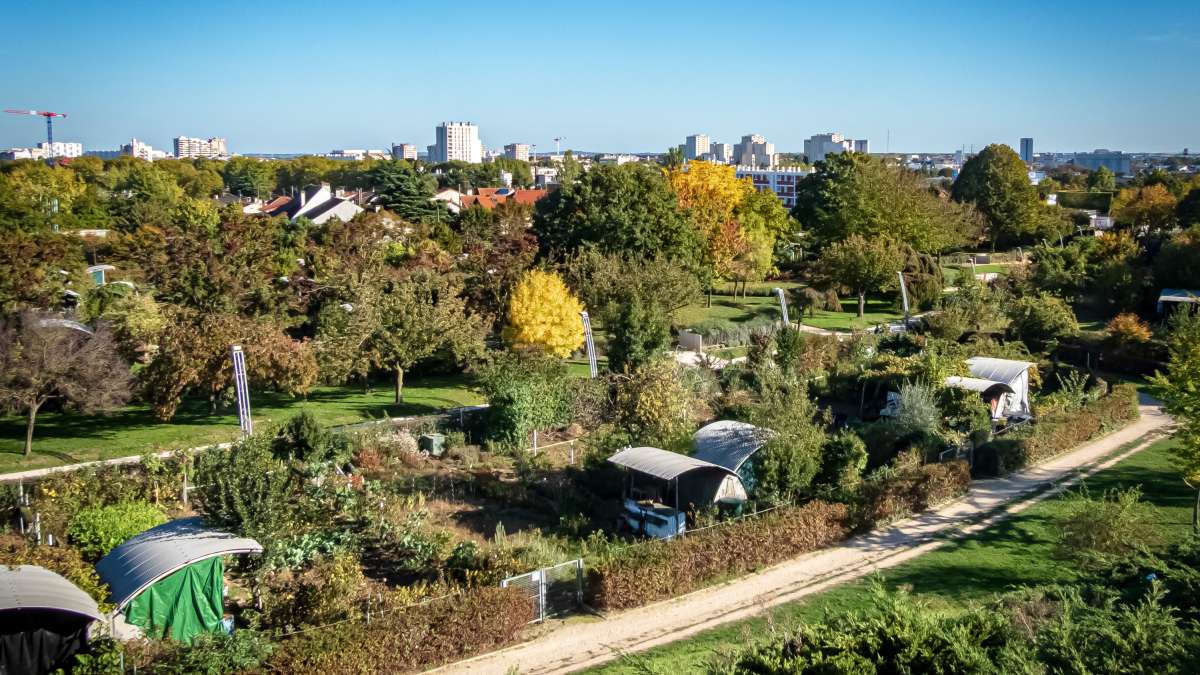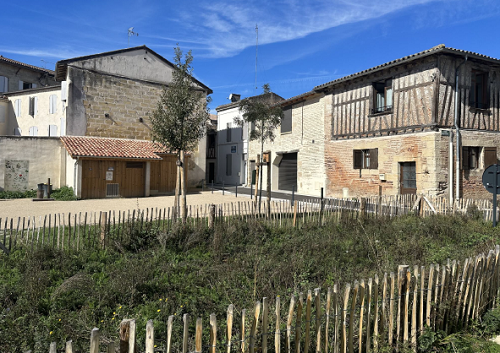
Launched in 2021, the Contracts for Recovery and Ecological Transition (CRTE), which now cover the whole of France, have made it possible to launch initiatives in the regions to implement the ecological transition.
Cerema has helped more than 50 regions to draw up their strategies and action plans in consultation with local players.
The aim now is to consolidate these initiatives and the regional projects that support them, and the CRTEs are becoming the Contracts for Success in the Ecological Transition, as part of the territorialisation of ecological planning.
Feedback on CRTE methods
As part of this approach, Cerema is helping to make the ecological transition effective in the CRTEs by providing simple tools and methods to help people ask the right questions and make informed choices. Florence Bordère, Project Director for Transitions Strategies at Cerema, spoke about the work carried out with the regions as part of the CRTE. This has made it possible to roll out or co-construct projects that can be useful to everyone, thanks to methods that make it possible to determine transition objectives on the basis of a reference framework, prioritise actions according to the objectives of the territorial project, and measure their results: it is the entire evaluation chain that muscles the ambition and effectiveness of the project.
In these methods, the participation of local partners and stakeholders, particularly the local population, is an essential element in the progress of projects. If it has not been possible to carry out this consultation during the development of the projects, which has often been carried out within a tight timeframe, it can be launched at any point in the process.
Involving stakeholders in this way strengthens the local dynamic, mobilises people to ensure the success of actions, exchanges points of view on their implementation, multiplies and coordinates opportunities for transition action, and involves the population in a shared project.
A series of 7 webinars has been organised in 2022 to share these methods. They are available on the Cerema website, and have the following themes and associated tools:
Consultancy firms belonging to the CINOV federation, with which Cerema entered into a partnership in 2022 to strengthen its support for local authorities in terms of transition engineering, then presented Colin Rodet, Director of Territorial Planning at Cerema, with feedback on their experience of supporting local authorities in transition initiatives.
The key success factors identified included conducting a quantitative environmental assessment, carrying out a shared diagnosis of the area, and ensuring that the action plan benefits everyone.
The respective presentations and discussions revealed a convergence of views between public and private engineering.
Over and above the acceptability of the projects, the participation of all parties will ensure their involvement in the process over the long term. This means providing information, communicating on a regular basis, and organising time for sharing and consultation in order to collectively build the project. Local authorities can call on the services of qualified players who can implement a participatory approach tailored to the context and needs.
The CRTEs will be called upon to play a key role in the success of ecological planning. The relevance of their content and the involvement of stakeholders will be decisive. Public and private engineering are ready to take up this challenge alongside elected representatives.
Greening cities: a solution for adapting to climate change
Cerema also took part in a round table devoted to urban greening initiatives, presenting feedback on the Val de Garonne Agglomération greening plan. Karine Maubert-Sbile, territorial development studies manager, presented the approach and its context, that of a rural area with two central towns (Marmande and Tonneins), two-thirds of whose 43 communes have fewer than 1,000 inhabitants.
The greening plan is based on a multi-scalar approach, with the greening of public spaces considered on several scales, from that of the local authority's territory to that of the public space. This approach has been applied to 3 pilot sites.
The plan is also based on a cross-disciplinary approach, drawing on skills in areas such as stormwater management, risks, green and blue lines, nature in the city, participatory science, urban planning and development, planning and landscape.
The process was carried out in 3 stages:


 A community of players has been created on the Expertises.Territoires collaborative platform. It also provides access to these tools, as well as an opportunity to share experiences and questions.
A community of players has been created on the Expertises.Territoires collaborative platform. It also provides access to these tools, as well as an opportunity to share experiences and questions.